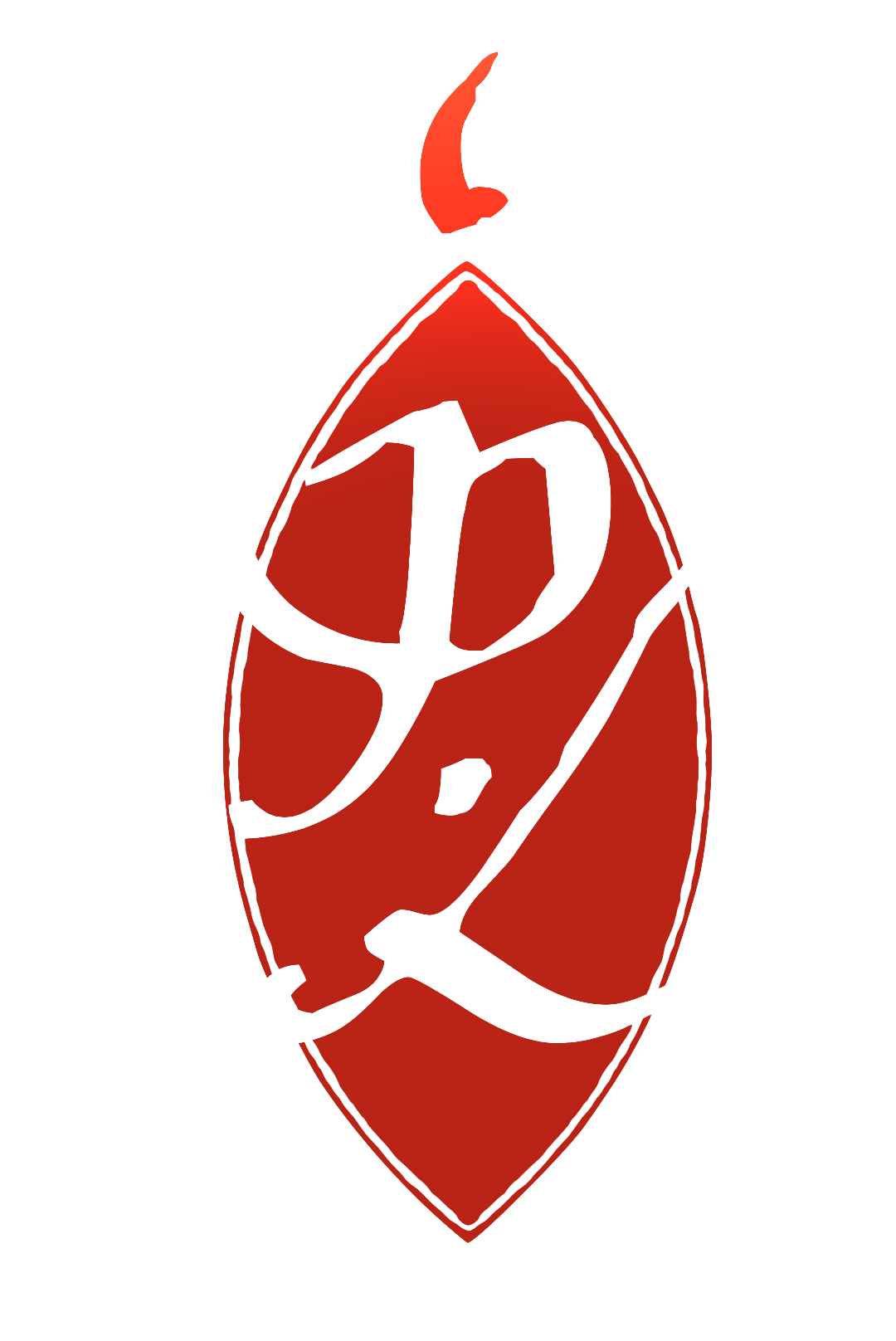
Paralibrum.
An independent home for bibliophile occulture

Scroll to read or search our library of book reviews.
By keyword, author, publisher or year.

‘The Tree of Gnosis’ by Ioan P. Couliano
The Tree of Gnosis does not only present a masterful investigation into the complex history of Gnosticism – the book introduces us to a broader, much more challenging vista from where we can see ourselves, that what is truly at stake here is no longer Gnosticism, but “the meaning of history itself.”

‘Demons and Spirits of the Land’ by Claude Lecouteux
This volume deals with “land spirits”, those entities and spirits of place which the Christian church referred to as “demons”. […] Approaching this book with an open mind is wise, because you may be surprised where it takes you, regardless of practice. Furthermore, it serves as a great introduction to Lecouteux’s work and jumping-off point to the other books Inner Traditions have translated, and provides really nice access to non-Anglocentric scholarship.
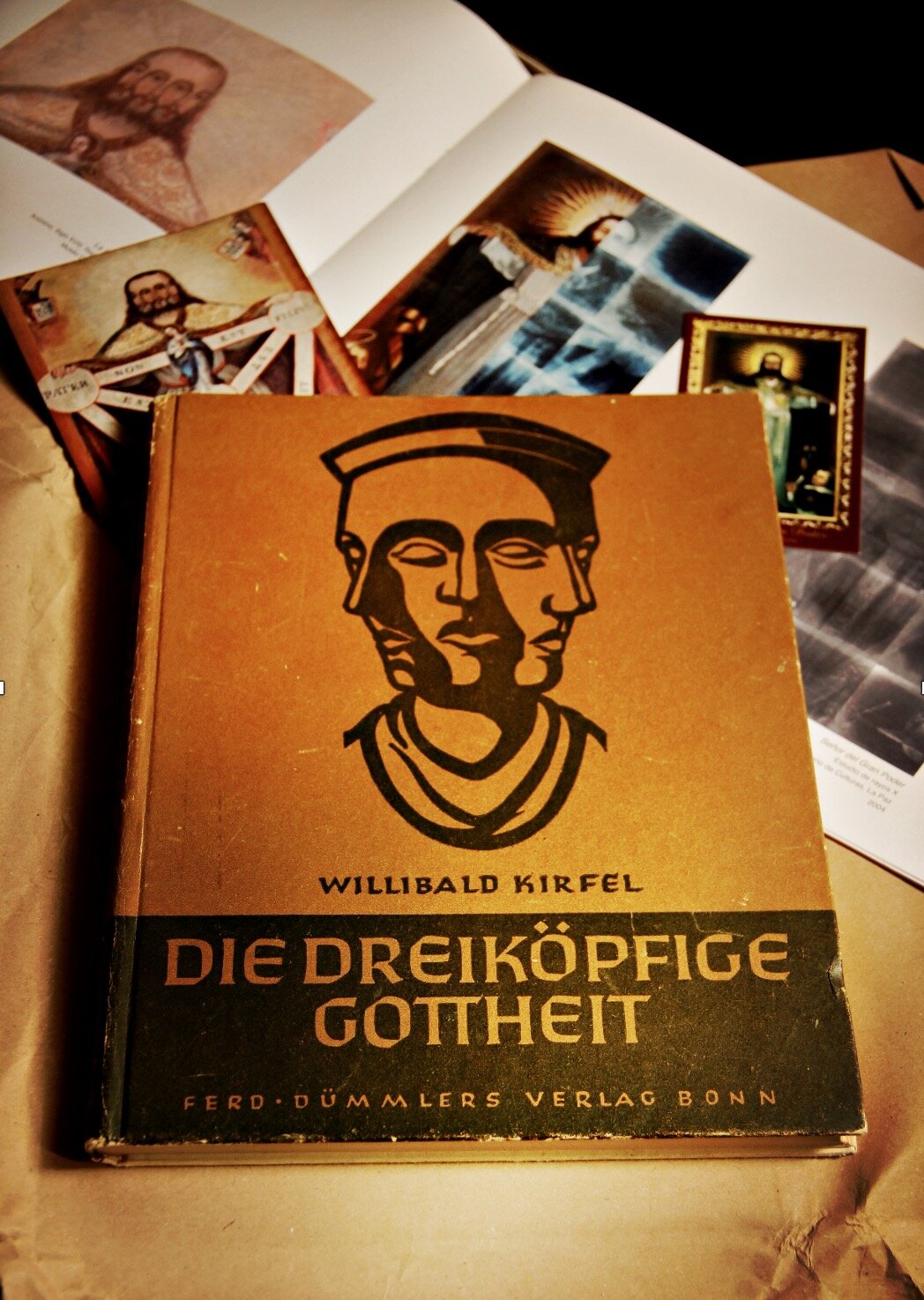
‘The Three Headed Deity’ by Willibald Kirfel
Kirfel’s route through religious iconographies covers an unparalleled wide range of topics. The book explores the iconographic theme of a three-headed deity that spans across several cultures and eras. It discusses the notion that this was a transcultural pattern shared by Indo-European cultures spanning from India throughout pagan antiquity.

‘Mystai’ by Peter Mark Adams
A meticulous study of this book will most likely feel like a daydream transporting the reader to the ancient world of the Mysteries and their gods initiated by Adams’s eloquent writing and personal insights supported by beautiful images of the frescoes of the Villa of the Mysteries and other ancient iconographies and artifacts. The functional combination of text and imagery is what makes Mystai such a potent and inspiring book.

‘Marah’ by Temple of our Lady of the Abyss (ed.)
[…]. This interpretation and connection of “Marah” with the topics of sex/birth, death and female/feminine is illustrated with an expressive artwork on the front cover by Alba Margarita which is a very good choice as it seems to me to also relate well to this first volume’s title of ‘Bitterness’ – even though I doubt whether it was the publisher’s intent to set the stage for the stereotype of the ‘bitter woman’.
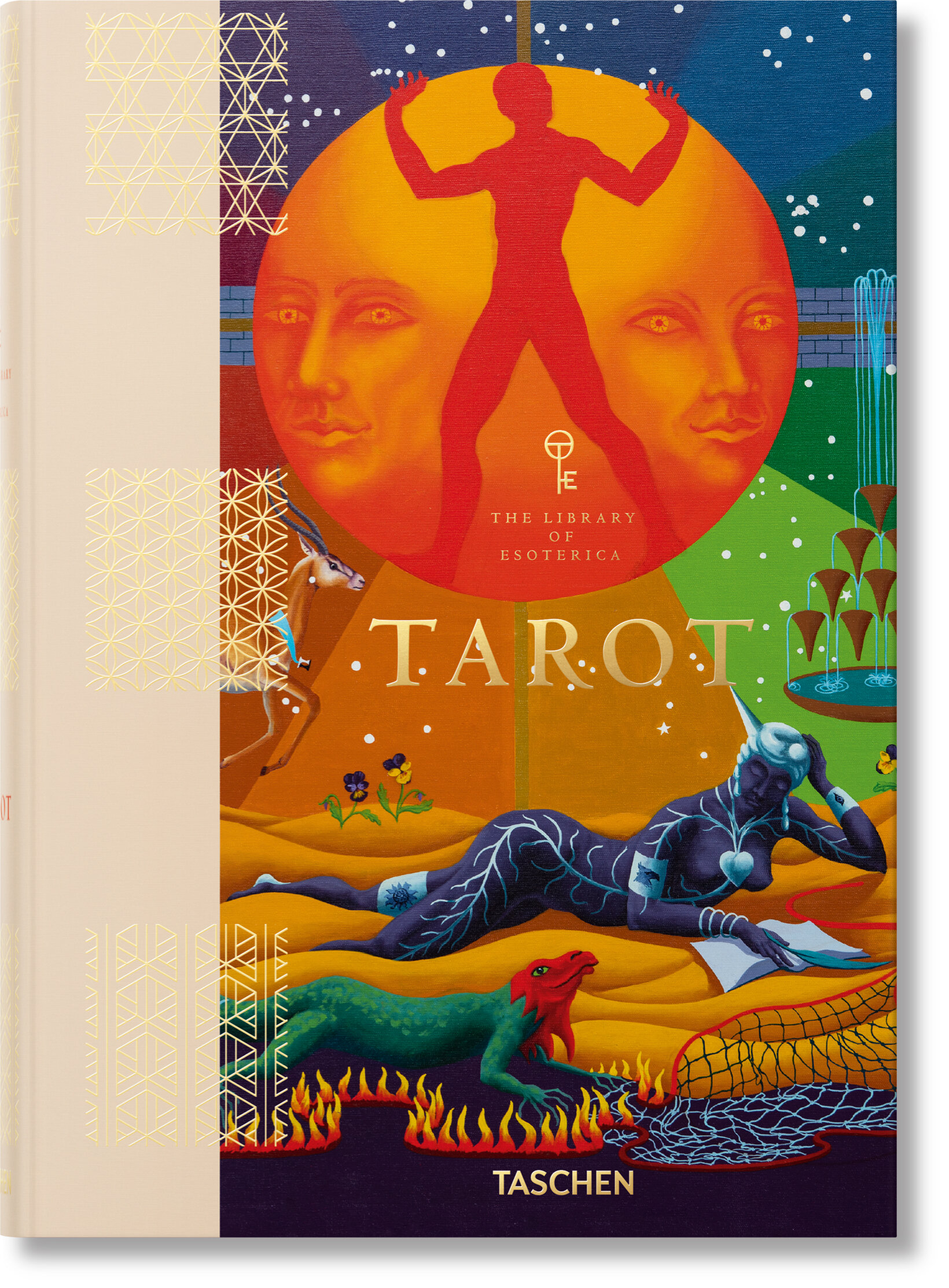
‘Tarot. Library of Esoterica Series’ by Jessica Hundley (ed.)
Tarot, the beautiful first volume in Taschen’s Library of Esoterica series, sets out to make a world-class collection with an unlimited budget and reach, and it succeeds in this goal. It presents several examples from each of the earliest decks, followed by modern decks grouped by card.

‘Tarot Skills for the 21st Century’ by Josephine McCarthy
Tarot Skills for the 21st Century: Mundane and Magical Divination by Josephine McCarthy is, at present, peerless. It stands out from the pack and is a necessary addition to the contemporary tarot library. When one of the most incredible and prolific occultists of our time, one with over 45 years of tarot reading experience, publishes a book on the tarot, you sit up and you pay attention.
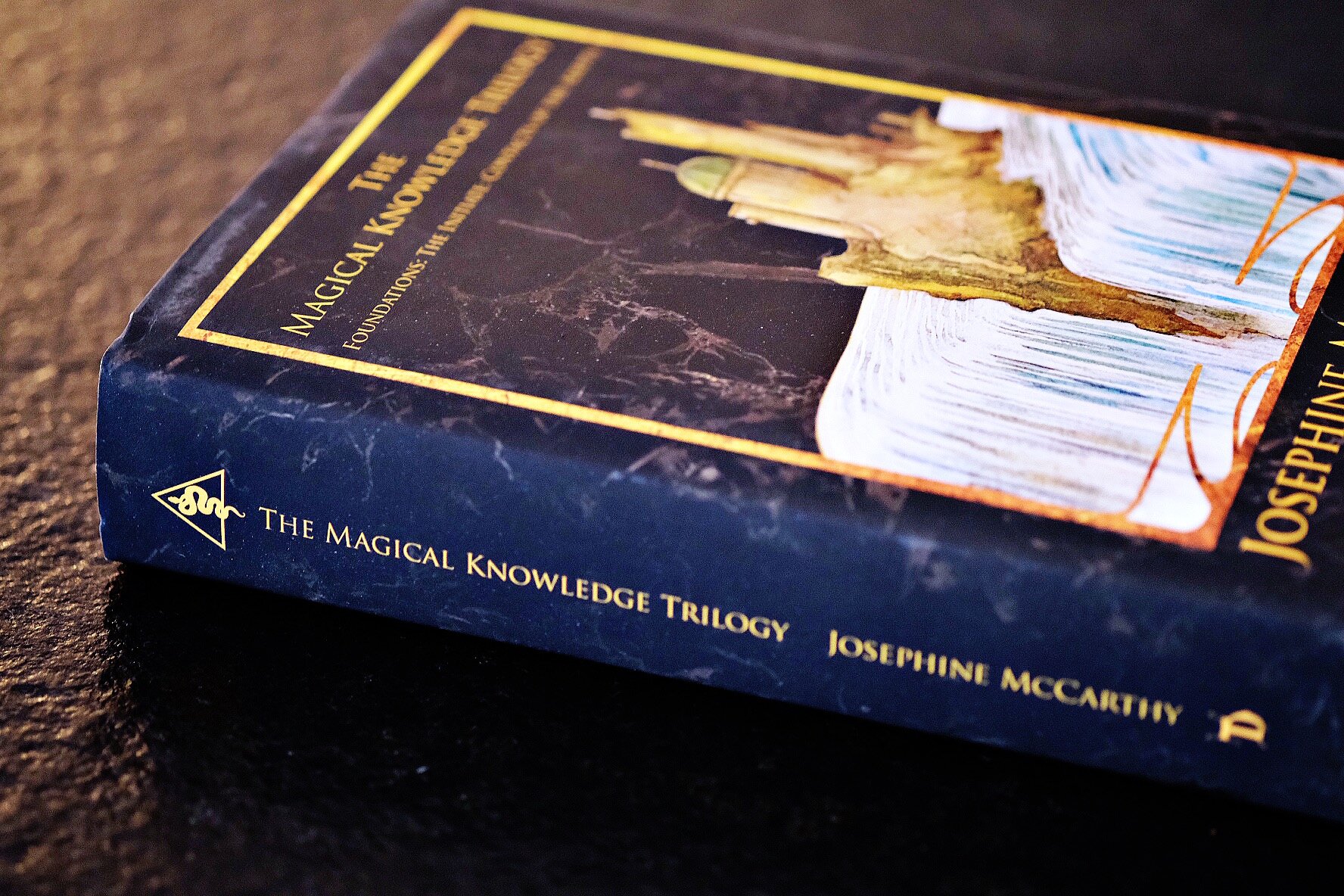
‘The Magical Knowledge Trilogy’ by Josephine McCarthy
This book is such a great “take-no-bullshit” approach to magic, and in addition it gives so many great tools for establishing “inner world” and “outer world” contacts […]. And this is another astounding facet of The Magical Knowledge Trilogy: it is a book that wants you to disagree with it here and there, so you can chisel out your uniqueness more and more precisely as you advance through the lessons and suggestions presented abundantly here.
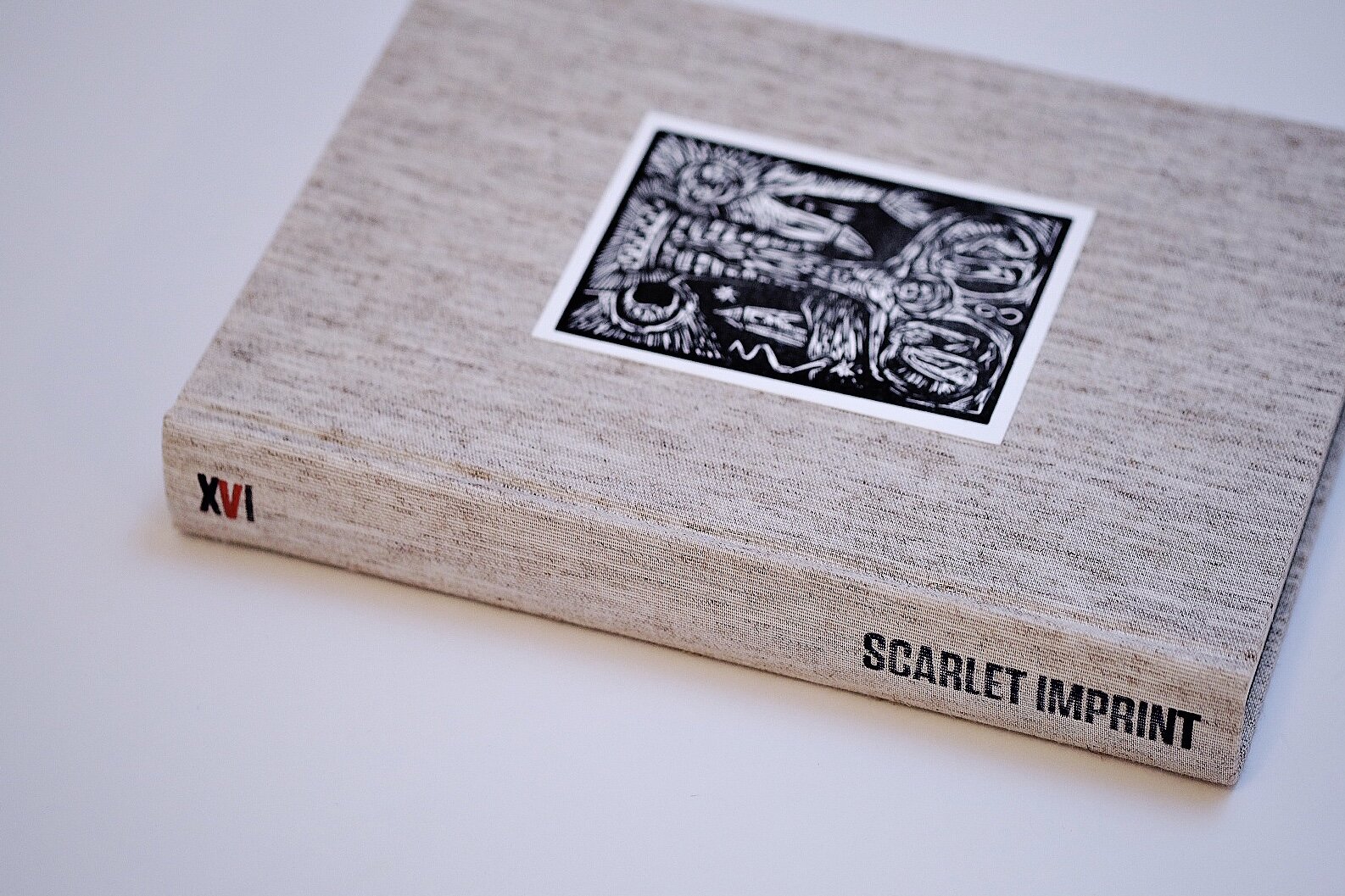
‘XVI. Bringing Down the House of God.’ edited by Peter Grey and Alkistis Dimech
[…] Essays in the collection address an array of contemporary crisis situations and calamities and correlate their impact and meaning with the symbol of the fallen Tower. The opinions are diverse and the views often verge on disturbing: there is certainly nothing in the book that would be acceptable to everyone, and that is as it should be. The overall message is however clear: it’s the end of the world as we know it, whether we like it or not.

‘Black Abbot · White Magic’ by Frater Acher
[…] In addition to the bibliophilia edging into bibliomania, Trithemius’s other interests included cryptography, talking to angels, rummaging through grimoires, reforming the church and education, and social climbing. Like many of the Humanists and magi before and after him, he “desired to know all that could be known.”

‘Practical Sigil Magic’ by Frater U∴D∴
Becoming an instant classic when the English translation was released in 1990, Practical Sigil Magic: Creating Personal Symbols for Success by Frater U∴D∴ remains the most accessible and, yet, the most thoughtful work on the subject.

‘The Planets Within’ by Thomas Moore
The Planets Within is a book relevant for anyone interested in astrology, psychology and Renaissance magic. It is a book that gives a great idea of how the Renaissance magus thought about the world and how all things were connected for these practitioners of the art who impacted modern occultism in the form of Hermetica, the making of talismans and traditional astrology.

‘Freemasonry: Rituals, Symbols and History of the Secret Society’ by Mark Stavish
Stavish goes one better than most books on occult history: with each chapter he provides a list of supporting texts – both scholarly and etic as well as experiential and emic. His pedagogical style is admirable. He presents each chapter’s material, then a summary of key points and books to consult. And more. The genius of this text is in the more.

‘A Sand Book’ by Ariana Reines
I’ve been reading this book for a couple of weeks now, like any collection of poems; it’s quite an intense journey and best accomplished in manageable sections. […] Maybe it’s my imagination but it does read like a continuous narrative, I’m guessing its talented author intended it so. It feels like being a fly on the wall in the author’s magical playroom or reading the record that magicians often keep.

‘A Book of Deviations’ by David S. Herreías
A Book of Deviations is a deliberately understated publication, short and concise, coming up to 22 pages only, saddle stitched and self-released by the author without any grandeur, but so low key that many of us might actually not yet have heard about it. Most importantly though the instructions DSH gives on its 13 pages of text shine with pristine clarity as well as practical relevance to any lone practitioner. This is a book for all of us, and especially I’d say it is a book for magicians who are engaged in shadow work.
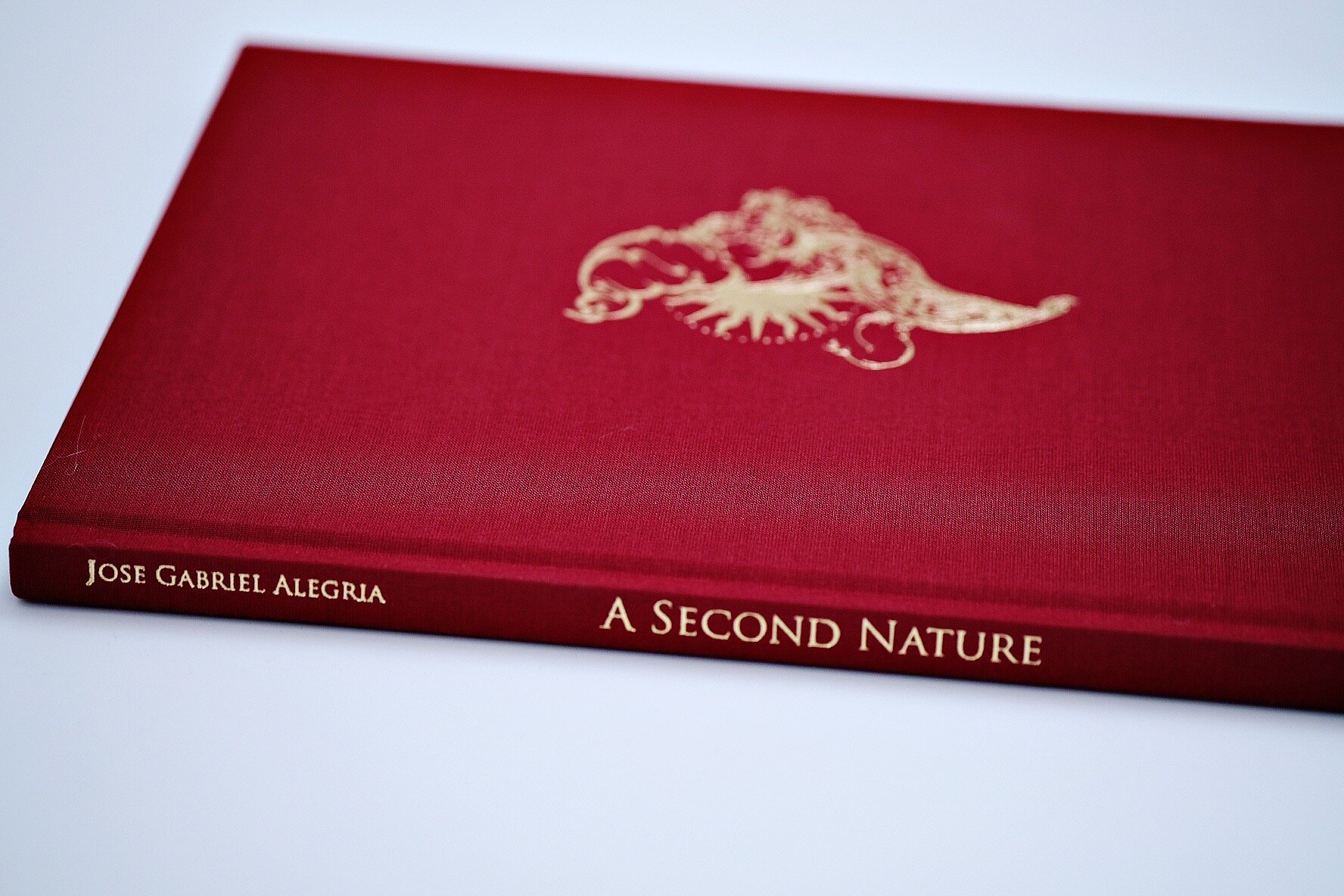
‘A Second Nature’ by José Gabriel Alegría Sabogal
A Second Nature is the second book by artist José Gabriel Alegría Sabogal (JGAS) and features a pristine selection of drawings and paintings collected over the relatively short period from 2014 to 2016. Right upon opening the book we realise that it can be read in many different ways. Whichever access route we choose though, once we delve into its manifold visions of the daimonic – some perfected in beauty, some in grotesqueness – we should be prepared to tremble.

‘Pathways in Modern Western Magic’ by Nevill Drury (ed.)
Pathways in Modern Western Magic is a fine anthology of texts covering a wide range of topics related to the subject matter evident from its title. There is no doubt that many will find this collection of texts informative, interesting, and appealing. In this review I will make brief comments on each individual essay in the collection.

‘Sexual Outlaw, Erotic Mystic: The Essential Ida Craddock’ by Vere Chappell
This book by Vere Chappell is a welcome contribution to a growing body of literature related to Ida Craddock (1857–1902). After a long period of neglect, the life and writings of this amazing woman are finally emerging from obscurity.

‘Making Sense of Tantric Buddhism’ by C.K. Wedemeyer
Wedemeyer advances insightful interpretations based on his general argument that the texts need to be understood connotatively. He thus suggests that stories about wild ascetics roaming freely throughout the country engaged in transgressive practices in fact exemplify what he calls “contrived marginality.”

‘Feeding Your Demons’ by Tsultrim Allione
For make no mistake: Chöd is anything but a harmless placebo praxis, even in this broken-down version. As gentle and benevolent as the technique may come over; […] here it indeed becomes evident how the soft water persistently hollows the hard stone, grinds it down, reshapes and finally dissolves, in other words: eliminates it.

